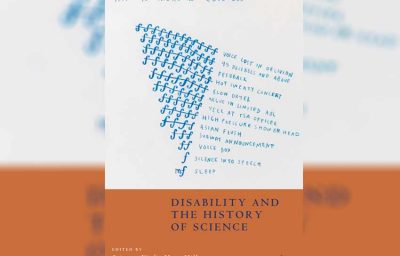
The European Economic and Social Committee (EESC) has put forward its recommendations for the EU’s Disability Rights Agenda for the next decade, urging the European Commission to take them into account when drawing up the strategy that is bound to affect the lives of more than a hundred million people with disabilities living in Europe.
With the EU and all Member States having signed and ratified the UN Convention on the Rights of Persons with Disabilities (CRPD), the EESC has called upon the Commission to ensure that the CRPD is addressed in its entirety in the 2020-2030 Disability Agenda.
The new strategy should also contain measures to fully implement the related UN Sustainable Development Goals and the principles of the European Pillar of Social Rights, which was lacking in the Disability Strategy in force since 2010.
The EESC presented the recommendations in an own-initiative opinion that was unanimously adopted at its plenary session on 11 December.
A lot has changed over the past ten years, meaning that the Disability Rights Agenda for the next decade must be far more ambitious than the strategy currently in place, particularly as regards monitoring and implementation, which must be substantially improved
. said Ioannis Vardakastanis.
The EESC has put strong emphasis on ensuring that the implementation of the CRPD and of the Agenda are monitored at EU level. In the opinion, it strongly recommended that the Commission should establish “disability focal points” within all its directorates-general, agencies and EU institutions.








